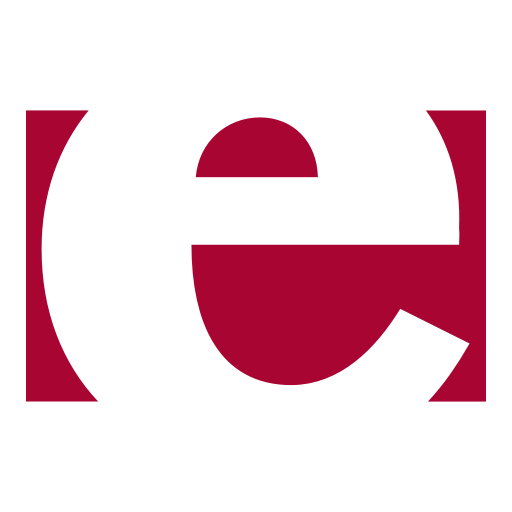 Pharo
vs
Pharo
vs
 Erlang
Erlang
 Pharo
Pharo
 Erlang
Erlang
What is Pharo?
Pharo is an open source dynamic and reflective language which is made by a community of more than 100 contributors. The language is isnpired by the programming language Smalltalk which was released back in the 1972. On top of that, Pharo offers several live programming features such as immediate object manipulation, live update and hot recompiling. The Pharo full stack is released under MIT License.
How much does Pharo cost?
No pricing information available..
What platforms does Pharo support?
Top Pharo Alternatives
Groovy
Groovy, or Apache Groovy is a object-oriented programming language for the JVM (Java Virtual Machine). Groovy share many similarities with programming languages like Python, Ruby, and Smalltalk while providing a syntax compatible with Java.
Rebol
Rebol is a lightweight, cross-platform data exchange programming language. The language is designed by Carl Sassenrath and is suited for network communications and distributed computing. Rebol's unique simplistic design makes it a productive language that is loved by its users.
The software
 Erlang
is removed from the Top Pharo Alternatives since you are comparing against it.
If you are looking for more software, applications or projects similar to
Erlang
is removed from the Top Pharo Alternatives since you are comparing against it.
If you are looking for more software, applications or projects similar to
 Pharo
we recommend you to check out our full list containing 47 Pharo Alternatives.
Pharo
we recommend you to check out our full list containing 47 Pharo Alternatives.
Pharo Gallery
What is Erlang?
A general-purpose, concurrent, functional programming language used to build massively scalable soft real-time systems with requirements on high availability. Erlang comes bundled with the OTP, the Open Telecom Platform which is a runtime system first developed by Ericsson to handle the Swedish telecom infrastructure in the early 80's. The term Erlang and OTP is today used interchangeably and includes the runtime, the language and ready-to-use components built specifically for the ecosystem. To this day, Erlang is used in various sectors and applications like telecoms, banking, e-commerce, computer telephony and instant messaging. As the language is suitable for critical infrastructure and applications that requires high availability and real-time features, running at scale.
How much does Erlang cost?
No pricing information available..
What platforms does Erlang support?
Top Erlang Alternatives
Elixir
A dynamic, functional programming language that tuns on top of the Erlang Virtual Machine. A VM known for running low-latency, distributed and fault-tolerant systems. Elixir provides productive tooling and an extensible design perfect for building concurrent applications for critical infrastructure
F#
A mature, open-source, cross-platform strongly typed functional-first programming language designed by Don Syme at Microsoft Research. While being a functional-first programming language F# also encompasses imperative and object-oriented programming paradigms. F# is most commonly used as a cross-platform Common Language Infrastructure language, while also having the capability to generation graphics processing unit code and compile down to JavaScript.
JavaScript
JavaScript is a scripting or programming language that conforms to the ECMAScript specification. The language is mainly used to create complex features for web pages, but is also used other software project. Javascript has curly-bracket syntax, dynamic typing, prototype-based object-orientation, and first-class functions and is mostly just-in-time compiled.
The software
 Pharo
is removed from the Top Erlang Alternatives since you are comparing against it.
If you are looking for more software, applications or projects similar to
Pharo
is removed from the Top Erlang Alternatives since you are comparing against it.
If you are looking for more software, applications or projects similar to
 Erlang
we recommend you to check out our full list containing 11 Erlang Alternatives.
Erlang
we recommend you to check out our full list containing 11 Erlang Alternatives.
